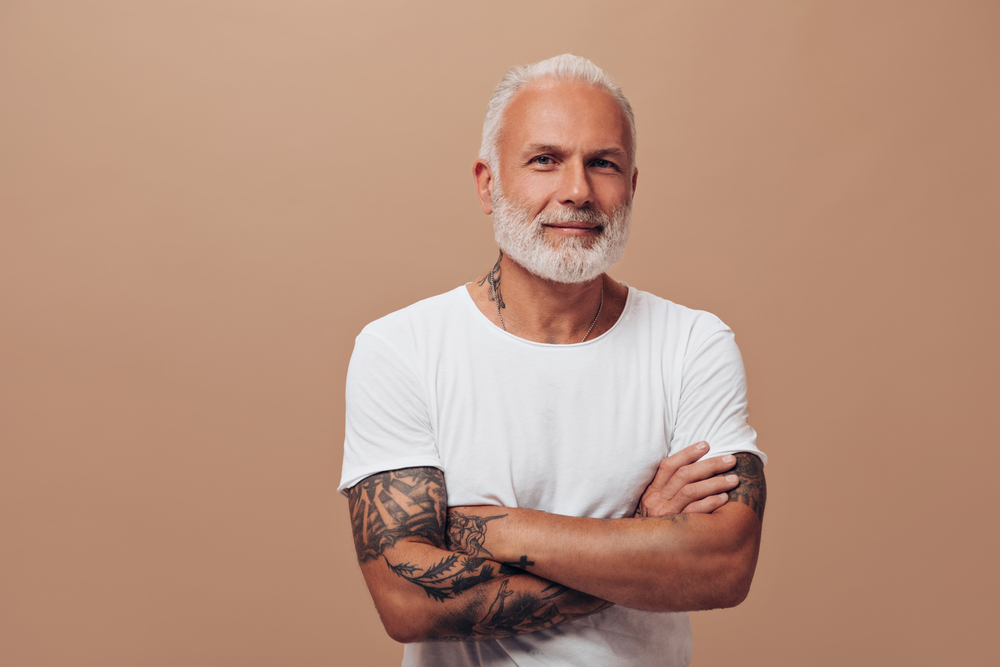Prednisone is a strong medicine that doctors often give for conditions like swelling, allergies, and autoimmune diseases. While it can help a lot, one common side effect is hair loss. If you’re worried about losing your hair because of prednisone, or if you’ve already noticed some thinning, you’re not alone. The good news is that there are things you can do to help reduce hair loss and even regrow your hair. Let’s look at how prednisone affects your hair and what you can do about it.
Understanding the effects of prednisone on hair loss
When you take prednisone, it can change how your body works. This medicine helps reduce inflammation and lower the immune response, which can sometimes affect your hair. Hair loss can happen because prednisone can change hormone levels and disrupt the natural cycle of hair growth. It can be upsetting, but knowing why this happens can help you find ways to deal with it.
Strategies to minimise hair loss while on prednisone
- Gentle hair care: Be kind to your hair. Use a mild shampoo and conditioner, and avoid harsh treatments like bleaching or too much heat. Taking it easy on your hair can prevent further damage.
- Avoid tight hairstyles: Styles that pull on your hair can make things worse. Choose loose styles that don’t put pressure on your roots.
- Stay hydrated: Drinking enough water is important for your health, including your hair. Staying hydrated keeps your scalp healthy and may help your hair grow.
- Regular scalp massages: Massaging your scalp can improve blood flow, which helps your hair get the nutrients it needs. Use your fingers to gently massage your scalp for a few minutes each day.
- Consider supplements: Talk to your doctor about vitamins or supplements that may support hair health, like biotin, zinc, and vitamin D. These nutrients can strengthen your hair and help it grow.
- Limit stress: Stress can make hair loss worse, so finding ways to relax is important. Activities like yoga, meditation, or taking a walk can help you feel calmer.
Nutritional support for hair health after prednisone
What you eat can also affect your hair. A healthy diet full of vitamins and minerals can help. Try to eat:
- Fruits and vegetables: These are full of vitamins and antioxidants.
- Protein-rich foods: Chicken, fish, beans, and nuts are good for hair strength.
- Healthy fats: Foods like avocados and olive oil can nourish your hair.
By focusing on good nutrition, you can create a better environment for your hair to grow, even while taking prednisone.
Frequently asked questions about hair loss
What are the common side effects of prednisone?
Common side effects include weight gain, mood changes, high blood sugar, and hair loss. Always discuss concerns with your doctor.
How long does hair loss last after stopping prednisone?
Hair loss usually improves within a few months after stopping prednisone, but it can vary based on individual factors.
Can hair grow back after prednisone use?
Yes, hair can grow back after stopping prednisone. A healthy diet and good hair care can support regrowth.

